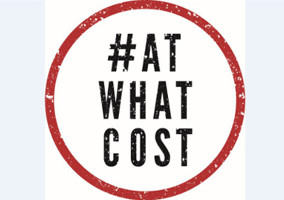The recent online campaign started by Fatima Iftikhar under #CharitySoWhite has shone a stark light on the state of racism in the sector. Where previously the debate, particularly within predominantly white senior management circles, has been around the failings of charities to recruit from diverse backgrounds or champion diversity, this campaign highlights something more worrying. Not only has the sector failed to represent the society it serves, but it has also not clamped down on institutional racism.
This shift is a result of frustration with the lack of systemic change and it makes for very difficult reading. Even at press time, some two weeks after the campaign kicked off, more and more accounts of discrimination were scrolling on Twitter. Accounts ranged from racially driven presumptions such as senior managers of colour being mistaken for waitresses, admin staff or beneficiaries, to open discrimination because of ethnicity, blatant stereotyping and, on occasion, out and out racial abuse.
So it’s not just about being unable or unwilling to encourage and champion diversity, there is also an underlying fear and distrust of difference. Once the hashtag started to gather momentum, the inevitable backlash swung in tandem, with the majority of negative posts denying there is even a problem. One tweet posted by a white male read: “The #CharitySoWhite hashtag is pure cringe. Application forms do not have race on them. Race isn’t considered during any hiring process.”
This exposes what a blunt tool social media can be. As we saw with debate around sexual harassment during the #AtWhatCost campaign, Twitter in particular can destroy a nuanced discussion and amplify poor reasoning at an accelerated rate. Chunks of 280 characters of raw thought can be powerful; they can also be pretty stupid.
If nothing else, the fact that #CharitySoWhite trended on social media shows that people are not alone in their experiences. And that needs to be shared – not only to shake the sector out of complacency, but also to provide a network of support for those affected. Perhaps after decades of talking about issues such as this, blunt instruments are the only weapons left.
Related articles











